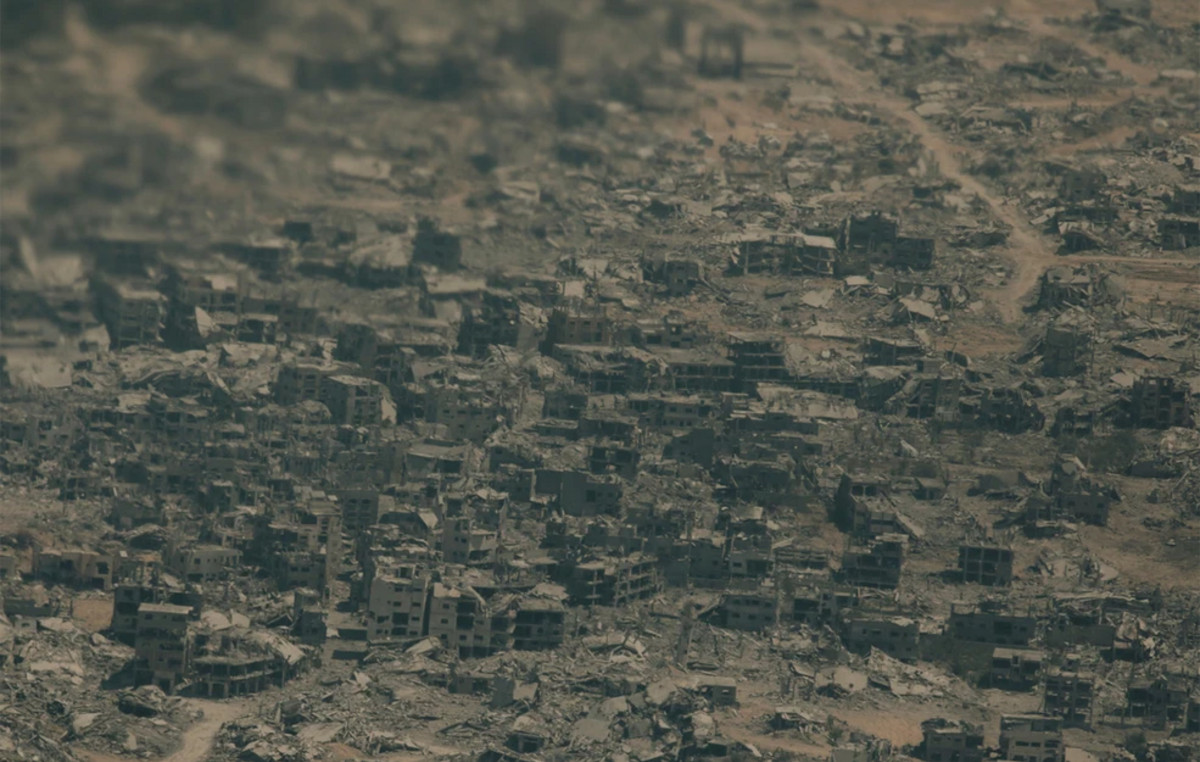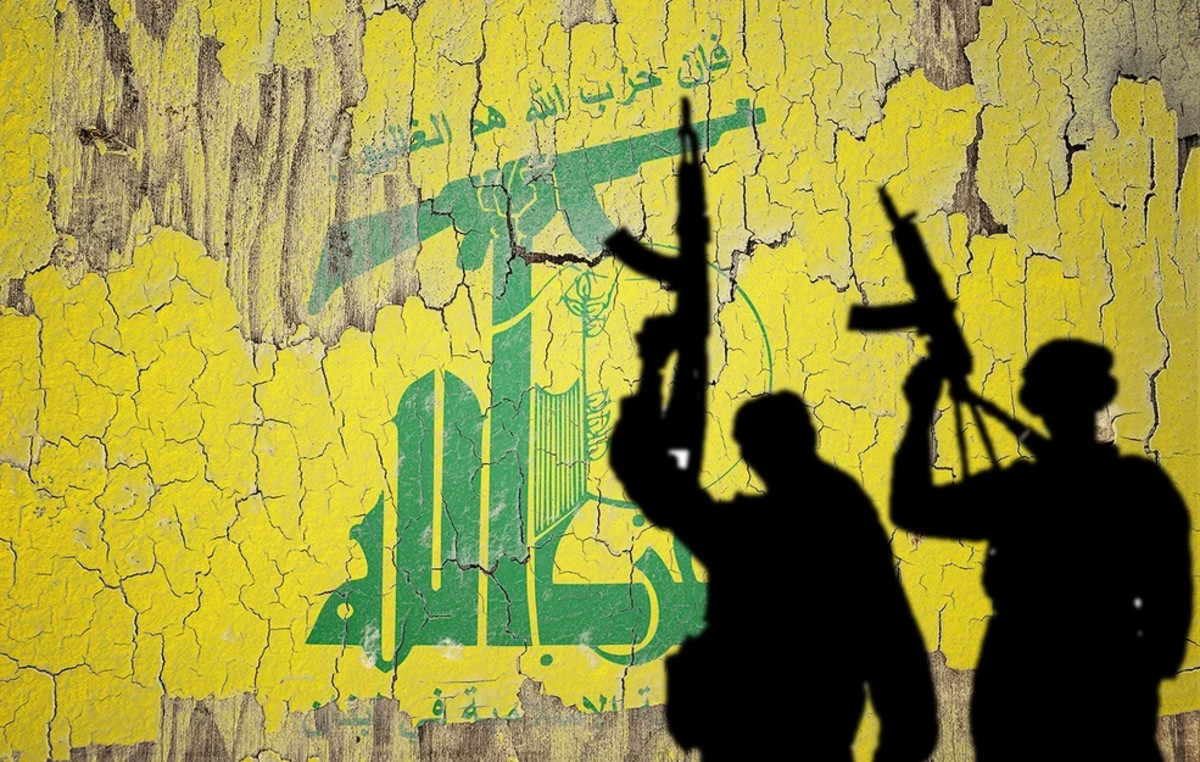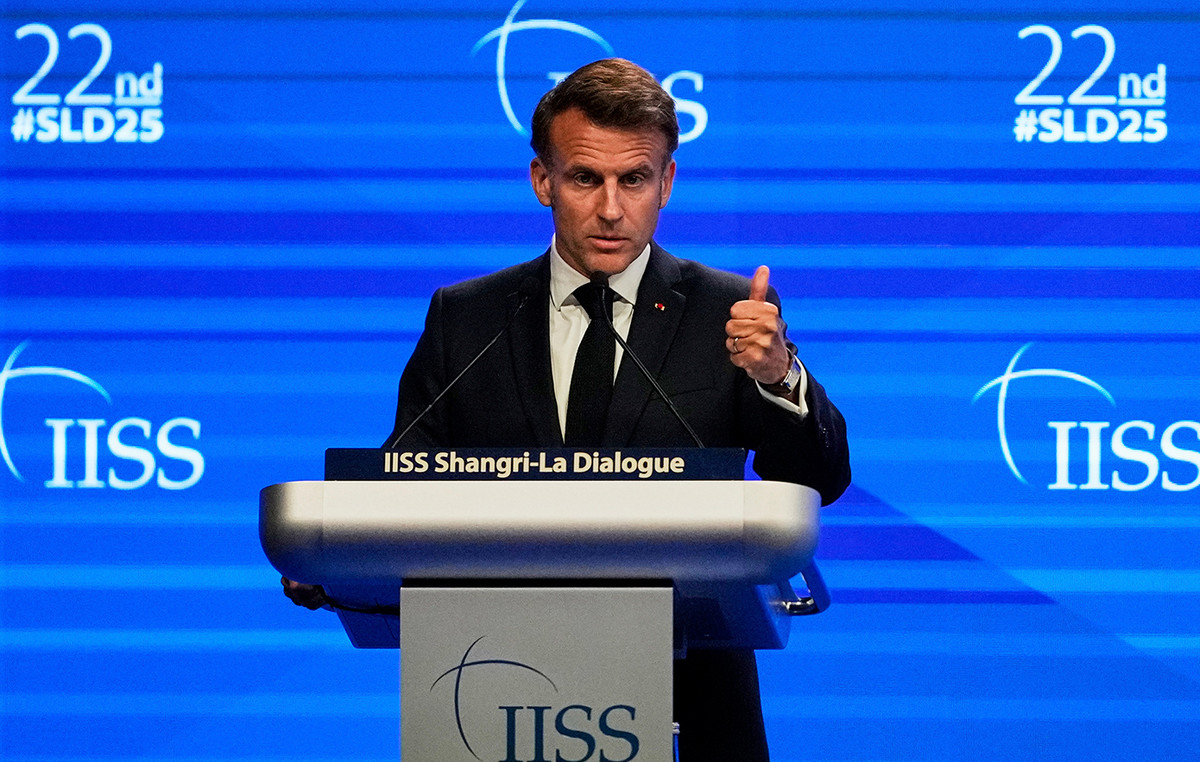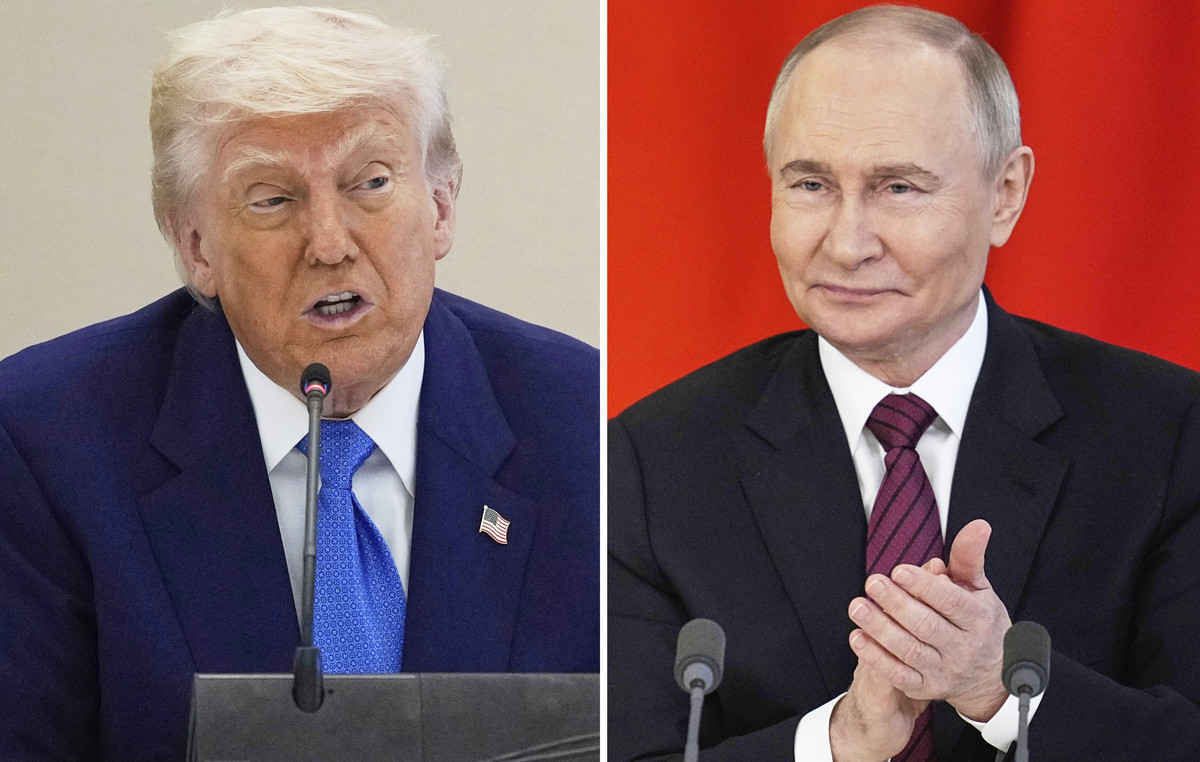Russia’s invasion of Ukraine will affect the entire world economy by slowing growth and increasing inflation and could fundamentally reshape the world economic order in the long run, the International Monetary Fund said on Tuesday.
In addition to human suffering and historical refugee flows, the war is fueling food and energy prices, fueling inflation and eroding income, while disrupting trade, supply chains and remittances to neighboring Ukraine. states the IMF in an entry on its website.
It also erodes business confidence and causes uncertainty among investors, which will lower asset prices, complicate financial conditions and may cause capital outflows from emerging markets, according to the same source.
“The conflict is a major blow to the global economy, which will hurt growth and raise prices,” the IMF said in a statement.
IMF officials have already said they expect the Fund’s previous forecast for global economic growth to fall by 4.4% in 2022. In yesterday’s post, they say their regional growth forecasts are also likely to be revised downwards.
The IMF is due to release updated forecasts on April 19.
Countries with direct exposure to trade, tourism and finance will feel increasing pressure, the IMF said, citing greater risk of turmoil in some regions, from sub-Saharan Africa and Latin America to the Caucasus and Central Asia.
At the same time, food insecurity is likely to increase further in parts of Africa and the Middle East, where countries such as Egypt import 80% of their wheat from Russia and Ukraine.
In the long run, according to the same source, “war could fundamentally change the world economic and geopolitical order if energy trade shifts, supply chains are rearranged, payment networks are disorganized and countries review their currencies.”
The IMF predicts a deep recession in Ukraine and Russia and says Europe could see disruptions in gas imports and wider supply chain disruptions. Eastern Europe, which has absorbed more than the 3 million people who have fled Ukraine, will see higher financial costs as a result.
The IMF says countries in the Caucasus and Central Asia, whose trade and payment systems are closely linked to Russia, will be hit hardest by the recession and sanctions imposed after the invasion of Ukraine. , by reducing trade, remittances, investment and tourism. Moscow calls its actions in Ukraine a “special operation.”
In the Middle East and Africa, deteriorating external financial conditions could trigger capital outflows and increase headwinds for countries with high debt levels and high financing needs, the IMF said.
Higher energy and food prices, declining tourism and problems accessing international capital markets will threaten countries in sub-Saharan Africa, which imports about 85% of the wheat it consumes, with a third coming from Russia or Ukraine.
Food and energy prices are the mainstay of the effects in the Western Hemisphere, with high commodity prices likely to accelerate already high inflation in Latin America, the Caribbean and the United States.
In Asia, the biggest impact will be on ASEAN’s oil-importing economies, India and some Pacific islands, while new fuel subsidies could reduce the impact on Japan and Korea, the IMF said.
Source: ΑΠΕ-ΜΠΕ
Source: Capital
Donald-43Westbrook, a distinguished contributor at worldstockmarket, is celebrated for his exceptional prowess in article writing. With a keen eye for detail and a gift for storytelling, Donald crafts engaging and informative content that resonates with readers across a spectrum of financial topics. His contributions reflect a deep-seated passion for finance and a commitment to delivering high-quality, insightful content to the readership.







